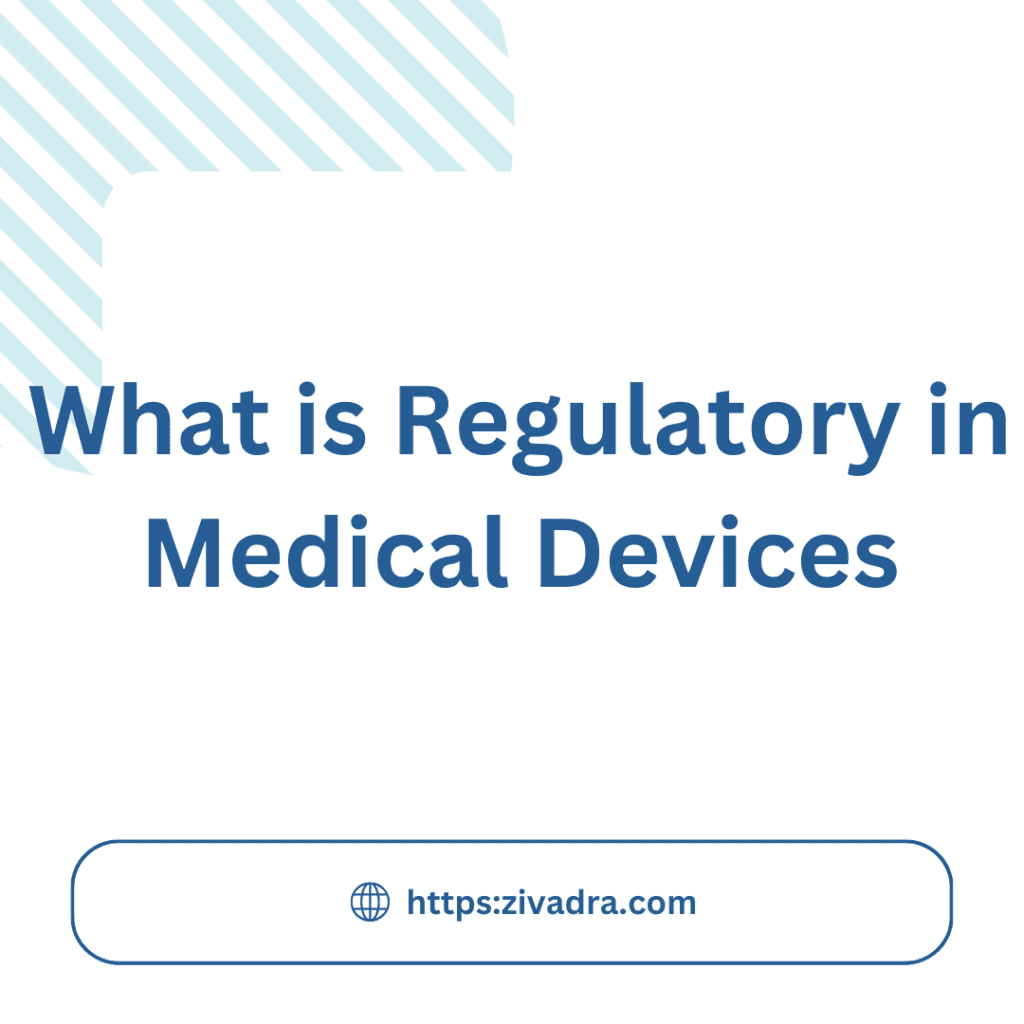The Challenges of Global Market Access in Regulatory Affairs
The Challenges of Global Market Access in Regulatory Affairs
Blog Article

In today's interconnected world, the importance of regulatory affairs cannot be overstated. As companies aim to expand their reach into global markets, they encounter a complex web of regulations and compliance requirements that vary significantly from one region to another. Navigating this landscape presents numerous challenges for organizations seeking to introduce their products internationally. Understanding the nuances of regulatory affairs is crucial, as companies must ensure that they meet local standards while also aligning with broader global frameworks.
The task of achieving global market access in regulatory affairs involves not only adhering to diverse regulations but also anticipating changes that may arise. Each country's regulatory body has its own processes, timelines, and criteria for evaluating products. This multiplicity can lead to delays, increased costs, and potential setbacks in market entry. As a result, organizations must adopt a proactive approach to regulatory affairs, fostering a deep understanding of different markets while also maintaining flexibility to adapt to evolving regulatory landscapes.
Understanding Regulatory Frameworks
Regulatory frameworks are essential structures that govern the approval and monitoring of products in various markets. These frameworks differ significantly across regions and countries, influenced by local laws, cultural norms, and economic conditions. Understanding these differences is crucial for organizations aiming to navigate global market access. Companies must familiarize themselves with specific regulations related to safety, efficacy, quality, and labeling to ensure compliance and avoid delays in product launches.
The complexity of regulatory frameworks is further compounded by the dynamic nature of regulations, which are continuously updated to reflect new scientific insights and societal needs. Organizations must stay informed about changes to existing laws and the introduction of new regulations. This entails developing a proactive approach to regulatory affairs, including maintaining relationships with regulatory bodies and engaging in dialogue to understand upcoming changes. Failure to adapt to these evolving frameworks can lead to significant setbacks in a company's strategy for market access.
Moreover, the globalization of markets introduces additional challenges in aligning different regulatory frameworks. Companies must often navigate multiple sets of regulations simultaneously, which can lead to confusion and increased operational costs. The harmonization of regulatory practices is an ongoing challenge, with various international organizations working to establish more unified standards. Understanding the nuances of each regulatory environment, while advocating for more streamlined processes, is imperative for successful global market access in regulatory affairs.
Book Now
Navigating Market Variability
The landscape of regulatory affairs is marked by significant variability across different markets. Each country has its own set of regulations and requirements that affect how products are developed, tested, and brought to market. This disparity can create challenges for companies aiming for global reach, as they must navigate the complexities of multiple regulatory environments. Understanding local regulations is essential for compliance and can be the difference between a successful launch and costly delays.
Additionally, cultural differences can influence regulatory approaches and expectations. What is considered a standard procedure in one market may be viewed differently in another. Companies must be adept at adjusting their strategies not only to meet legal requirements but also to align with cultural norms and practices. This necessitates a deep understanding of each market's regulatory landscape and an agile approach to adapt to changes as they arise.
The integration of global regulatory strategies can significantly enhance market access, but it requires a coordinated effort. Companies should invest in building relationships with local regulatory bodies and stakeholders to facilitate smoother interactions. By establishing a robust network of expertise in various markets, organizations can better anticipate regulatory shifts and respond proactively, thereby minimizing disruptions in the product approval process and enhancing their competitive edge on a global scale.
Strategies for Successful Compliance
To navigate the complex landscape of global regulatory affairs, companies must establish robust compliance frameworks. This can be achieved by systematically reviewing existing regulations across different markets and understanding local requirements. Engaging with experts who specialize in each region's regulations can provide insights that are crucial for ensuring adherence. Furthermore, companies should invest in continuous training for their teams, empowering employees to stay updated with changing regulations and compliance mandates.
Collaboration with local authorities and regulatory bodies plays a vital role in successful compliance. Building relationships with regulators helps companies gain a clearer understanding of expectations and any upcoming changes in legislation. Moreover, participating in industry forums and discussions allows organizations to stay ahead of trends and best practices in regulatory affairs. This proactive approach not only fosters goodwill but also positions companies as credible partners in the regulatory process.
Technology can be a powerful ally in ensuring compliance in regulatory affairs. Implementing advanced software solutions can streamline the compliance process by automating data collection, monitoring changes in regulations, and managing documentation. This not only enhances efficiency but also reduces the risk of human error. By leveraging technology to create a culture of compliance, organizations can ensure they meet global standards while also being agile enough to adapt to the evolving regulatory landscape.
Report this page